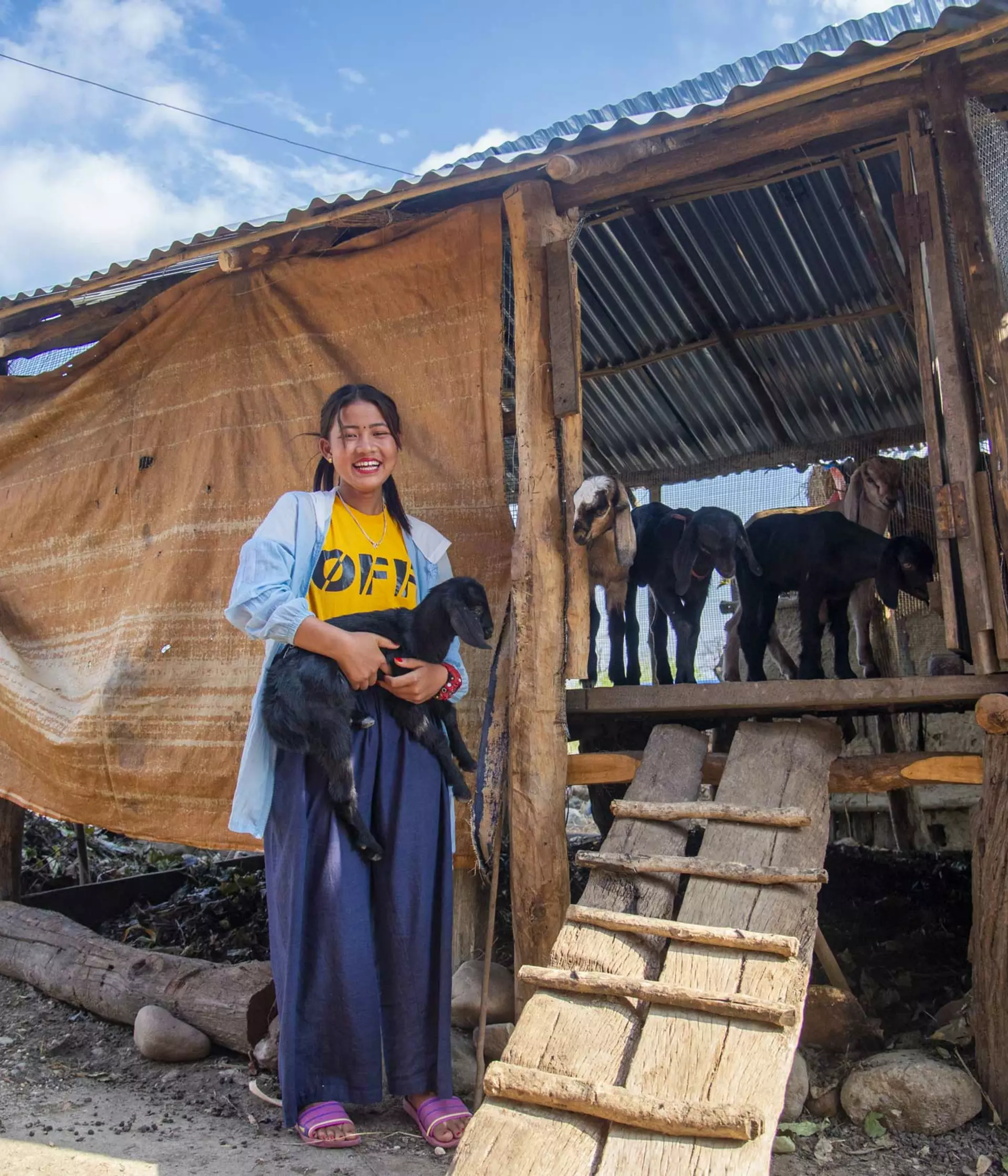The global human population is expected to reach nearly 10 billion by 2050 which, combined with rising per capita consumption, will place unprecedented pressures on the planet’s support systems. Maintaining biodiversity in the face of these pressures is an enormous challenge and will depend on a sound understanding of the complex interdependencies between people and nature.
People and wildlife can thrive together
We are at the forefront of the development of new approaches to evaluate the impact of management and policy interventions on biodiversity conservation and development. We work with people to improve co-existence with wildlife, safeguarding nature and creating a healthier, sustainable future for both wildlife and people.
Our work aims to:
- Provide the science underpinning effective strategies to foster nature and human well-being on an increasingly crowded planet.
- Understand and evaluate the economic and social value of biodiversity.
- Understand the complex interactions between people and wildlife in order to foster coexistence.
- Improve the assessment of economic and ecological impacts of conservation and development interventions.
Human wildlife conflict with elephants in China
Why elephants trekked 500 kilometres across China’s Yunnan province on an unprecedented journey - baffling onlookers along the way.
Badger vaccination
we’ve established the Badger Vaccination Project to research the impact of TB vaccination among badgers on rates of infection within wild populations.
